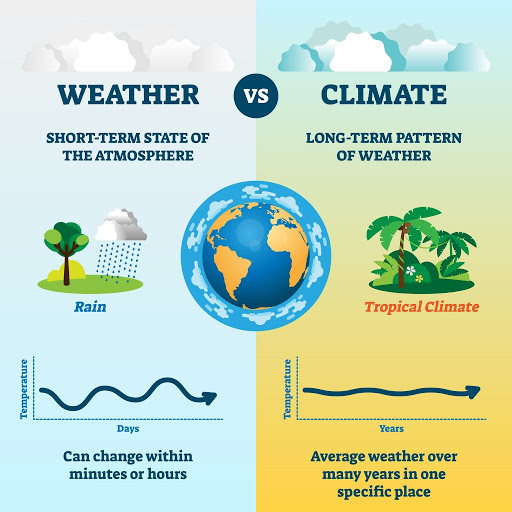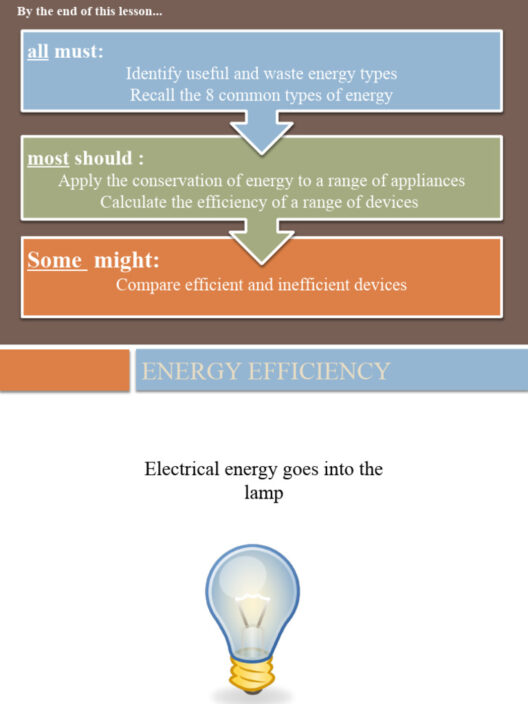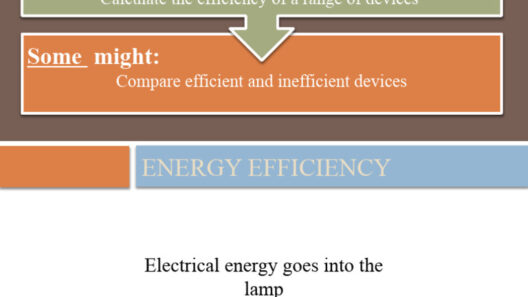Energy conservation in our homes has never been more critical. As we grapple with the ramifications of climate change, the need to implement strategies that reduce our energy consumption becomes paramount. This article aims to explore practical ways to conserve energy in our households, ensuring that not only do we lower our utility bills, but we also contribute positively to our environment.
Understanding the significance of energy conservation is the first step in this endeavor. Not only does energy efficiency help in mitigating greenhouse gas emissions, but it also promotes a more sustainable lifestyle. Here, we will delve into various tips and techniques that can easily be integrated into daily routines, transforming your home into an energy-efficient sanctuary.
Enhancing Energy Efficiency: The Heart of Conservation
Before undertaking dramatic changes, it’s crucial to assess your home’s current energy consumption. Understanding how and where energy is used provides a foundation for effective conservation strategies. Conducting an energy audit with a professional or using online tools can illuminate areas ripe for improvement. However, there are various simple tips anyone can adopt immediately.
One significant step towards enhancing energy efficiency is the installation of energy-efficient appliances. Appliances with the ENERGY STAR label are designed to consume less electricity. Refrigerators, washing machines, and heating and cooling systems operate more effectively, consuming less energy while providing the same level of service. Although there might be a higher upfront cost, the savings on your energy bill can amount to considerable returns over time.
Sealing Your Home: Keeping the Elements Out
Another vital aspect of conserving energy is to ensure that your home is well-sealed. This process involves identifying and closing gaps and cracks that allow cold or hot air to escape. Invest in weatherstripping for doors and windows, which can significantly curb the amount of energy needed for heating and cooling.
Additionally, utilizing caulking to seal around windows, doors, and foundations can create a barrier against air leaks. Insulating your home is equally important; attics and crawl spaces often require proper insulation to prevent heat loss in winter and keep your home cool during summer. By focusing on proper sealing and insulating, you can create a more comfortable environment while consuming significantly less energy.
Lighting: Bright Ideas for Energy Savings
When it comes to indoor lighting, many households use incandescent bulbs, which tend to consume excessive amounts of energy. Transitioning to LED (light-emitting diode) bulbs presents an effective solution. LEDs consume up to 80% less energy and last significantly longer than traditional bulbs, significantly reducing both your energy usage and replacement costs.
Moreover, consider implementing smart lighting solutions. Installing motion sensors or timers can ensure lights are only in use when necessary. Zoning your lighting, by utilizing dimmers and switches wisely, can also persuade family members to adjust their lighting habits, leading to further energy savings.
Adjusting Heating and Cooling: A Balance of Comfort and Efficiency
Heating and cooling systems account for a substantial portion of energy consumption in homes. The first recommendation is to regularly maintain these systems. Simple actions such as replacing air filters can improve efficiency dramatically. A clean filter allows the system to operate less strenuously, decreasing energy usage without sacrificing comfort.
Smart thermostats present another innovative way to manage energy consumption. These devices learn your heating and cooling preferences over time and allow you to schedule temperatures according to your lifestyle. By raising the temperature in summer and lowering it in winter by even a few degrees, you can achieve significant savings on your energy bill.
Embrace Alternative Energy Sources: A Renewed Perspective
Exploring alternative energy sources can also contribute effectively to energy conservation. Solar panels, for instance, are becoming increasingly accessible. While the initial investment may seem daunting, many states offer tax incentives and rebates for installing solar systems. This renewable energy source not only reduces your reliance on traditional energy but can also lead to long-term financial savings.
Additionally, consider utilizing a solar water heater, which can substantially decrease the energy required to heat water in your home. These systems harness the sun’s energy to provide reliable hot water, particularly in sunny climates.
Promoting Behavioral Changes: Collective Responsibility
Ultimately, conserving energy goes beyond simply implementing technological solutions. It encompasses a mindset shift among household members. Educating family members about the importance of energy conservation can instill a sense of shared responsibility. Simple practices such as turning off lights when leaving a room, unplugging devices when not in use, and using cold water for laundry can contribute to significant energy savings collectively.
Encouraging children to participate in energy-saving practices can help develop lifelong habits that foster environmental awareness. Together, a united front can assist in creating a culture of sustainability within your household.
In Conclusion: A Sustainable Future Starts at Home
Conserving energy in our homes is not merely a personal endeavor; it is a collective responsibility that affects our planet’s health. By implementing these tips, we not only reduce our carbon footprint but also engage in a more prudent lifestyle that values sustainability. Ultimately, investing time and resources into energy conservation practices will benefit both our families and our environment for generations to come.








